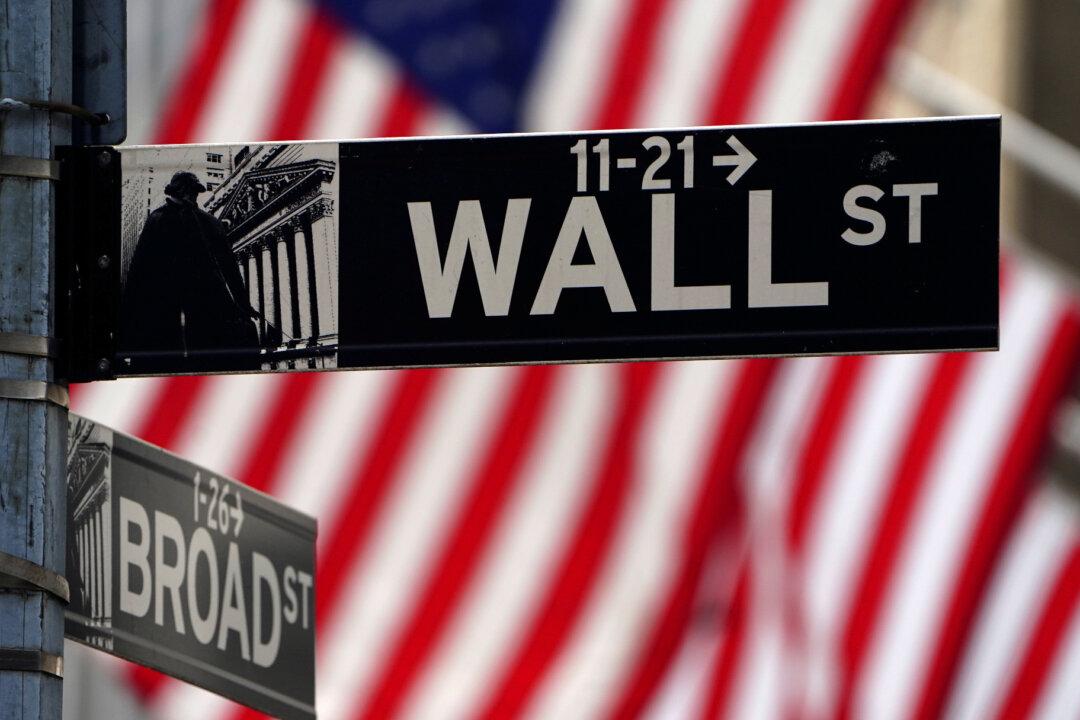The United States is gearing up to uproot “red assets,” an analyst said after Washington moved to ban Americans from investing in dozens of Chinese military firms.
On June 3, President Joe Biden signed an executive order blacklisting 59 Chinese defense and surveillance technology firms. The ban expands on a Trump-era order, which covered a total of 44 companies, to address “the threat posed by the military-industrial complex of the People’s Republic of China.” It will take effect on Aug. 2, giving investors one year to divest shares from the targeted companies.





